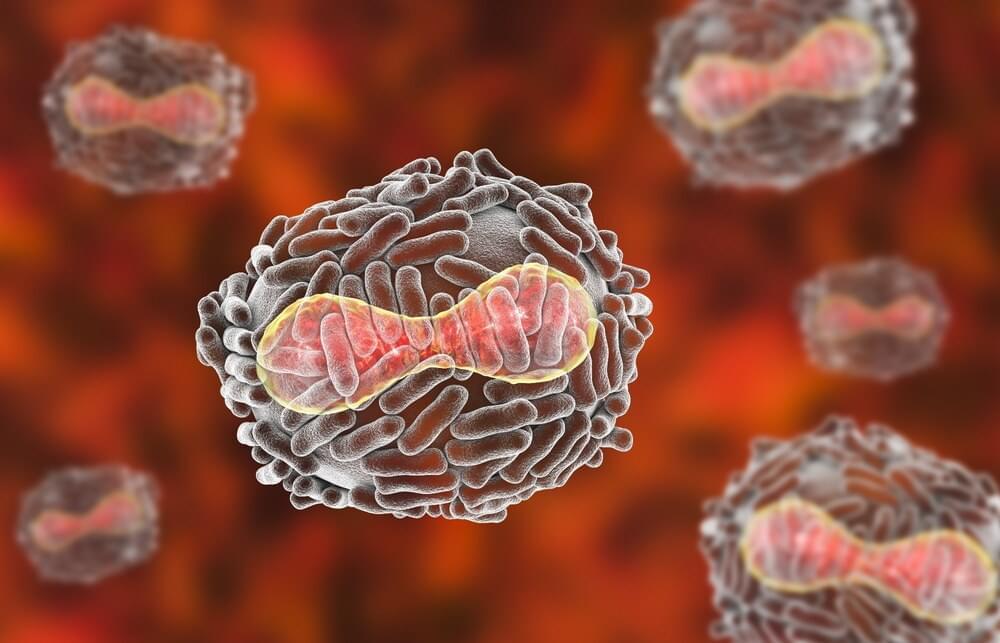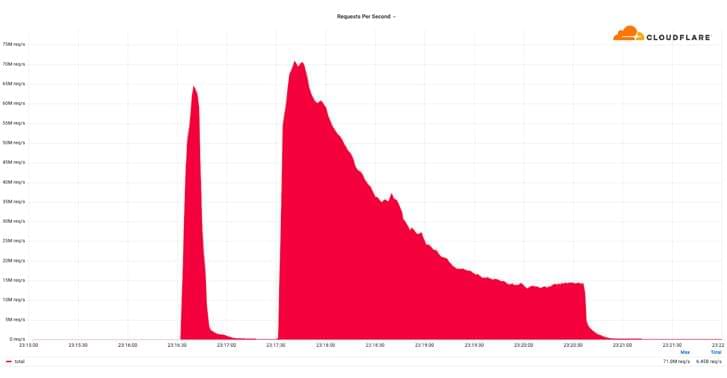
𝐓𝐡𝐞 𝐧𝐞𝐨𝐜𝐨𝐫𝐭𝐞𝐱 𝐬𝐭𝐚𝐧𝐝𝐬 𝐨𝐮𝐭 𝐚𝐬 𝐚 𝐬𝐭𝐮𝐧𝐧𝐢𝐧𝐠 𝐚𝐜𝐡𝐢𝐞𝐯𝐞𝐦𝐞𝐧𝐭 𝐨𝐟 𝐛𝐢𝐨𝐥𝐨𝐠𝐢𝐜𝐚𝐥 𝐞𝐯𝐨𝐥𝐮𝐭𝐢𝐨𝐧. 𝐀𝐥𝐥 𝐦𝐚𝐦𝐦𝐚𝐥𝐬 𝐡𝐚𝐯𝐞 𝐭𝐡𝐢𝐬 𝐬𝐰𝐚𝐭𝐡 𝐨𝐟 𝐭𝐢𝐬𝐬𝐮𝐞 𝐜𝐨𝐯𝐞𝐫𝐢𝐧𝐠 𝐭𝐡𝐞𝐢𝐫 𝐛𝐫𝐚𝐢𝐧, 𝐚𝐧𝐝 𝐭𝐡𝐞 𝐬𝐢𝐱 𝐥𝐚𝐲𝐞𝐫𝐬 𝐨𝐟 𝐝𝐞𝐧𝐬𝐞𝐥𝐲 𝐩𝐚𝐜𝐤𝐞𝐝 𝐧𝐞𝐮𝐫𝐨𝐧𝐬 𝐰𝐢𝐭𝐡𝐢𝐧 𝐢𝐭 𝐡𝐚𝐧𝐝𝐥𝐞 𝐭𝐡𝐞 𝐬𝐨𝐩𝐡𝐢𝐬𝐭𝐢𝐜𝐚𝐭𝐞𝐝 𝐜𝐨𝐦𝐩𝐮𝐭𝐚𝐭𝐢𝐨𝐧𝐬 𝐚𝐧𝐝 𝐚𝐬𝐬𝐨𝐜𝐢𝐚𝐭𝐢𝐨𝐧𝐬 𝐭𝐡𝐚𝐭 𝐩𝐫𝐨𝐝𝐮𝐜𝐞 𝐜𝐨𝐠𝐧𝐢𝐭𝐢𝐯𝐞 𝐩𝐫𝐨𝐰𝐞𝐬𝐬. 𝐒𝐢𝐧𝐜𝐞 𝐧𝐨 𝐚𝐧𝐢𝐦𝐚𝐥𝐬 𝐨𝐭𝐡𝐞𝐫 𝐭𝐡𝐚𝐧 𝐦𝐚𝐦𝐦𝐚𝐥𝐬 𝐡𝐚𝐯𝐞 𝐚 𝐧𝐞𝐨𝐜𝐨𝐫𝐭𝐞𝐱, 𝐬𝐜𝐢𝐞𝐧𝐭𝐢𝐬𝐭𝐬 𝐡𝐚𝐯𝐞 𝐰𝐨𝐧𝐝𝐞𝐫𝐞𝐝 𝐡𝐨𝐰 𝐬𝐮𝐜𝐡 𝐚 𝐜𝐨𝐦𝐩𝐥𝐞𝐱 𝐛𝐫𝐚𝐢𝐧 𝐫𝐞𝐠𝐢𝐨𝐧 𝐞𝐯𝐨𝐥𝐯𝐞𝐝.
The brains of reptiles seemed to offer a clue. Not only are reptiles the closest living relatives of mammals, but their brains have a three-layered structure called a dorsal ventricular ridge, or DVR, with functional similarities to the neocortex.
The neocortex stands out as a stunning achievement of biological evolution. All mammals have this swath of tissue covering their brain, and the six layers of densely packed neurons within it handle the sophisticated computations and associations that produce cognitive prowess. Since no animals other than mammals have a neocortex, scientists have wondered how such a complex brain region evolved.
Now, however, by analyzing molecular details invisible to the human eye, scientists have refuted that view. By looking at patterns of gene expression in individual brain cells, researchers at Columbia University showed that despite the anatomical similarities, the neocortex in mammals and the DVR in reptiles are unrelated. Instead, mammals seem to have evolved the neocortex as an entirely new brain region, one built without a trace of what came before it. The neocortex is composed of new types of neurons that seem to have no precedent in ancestral animals.









